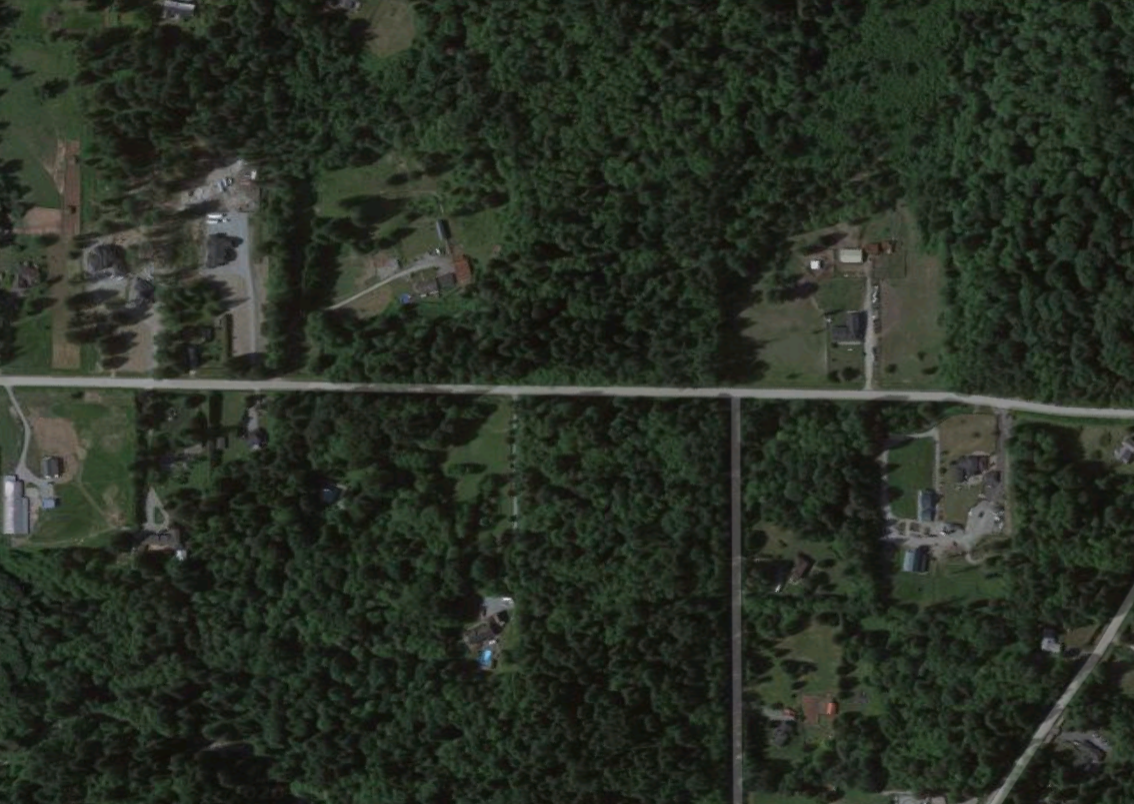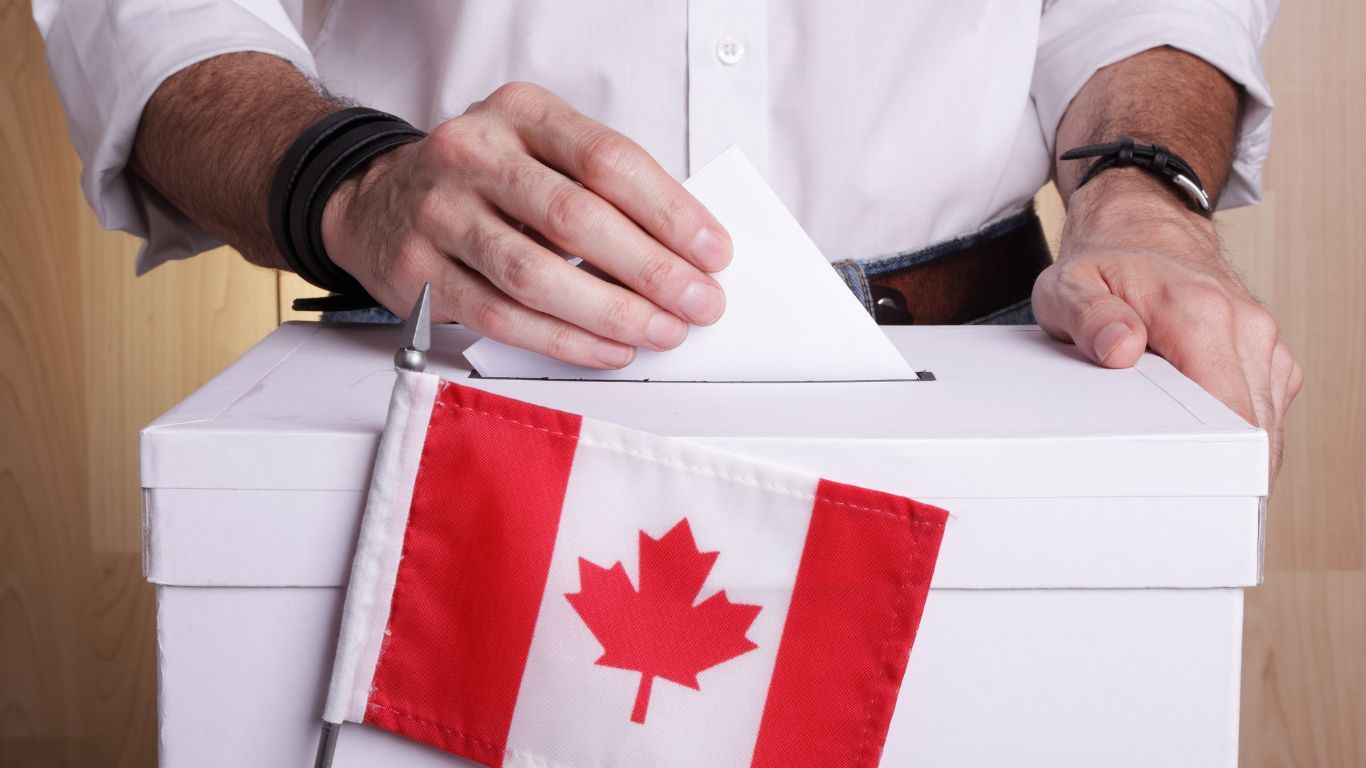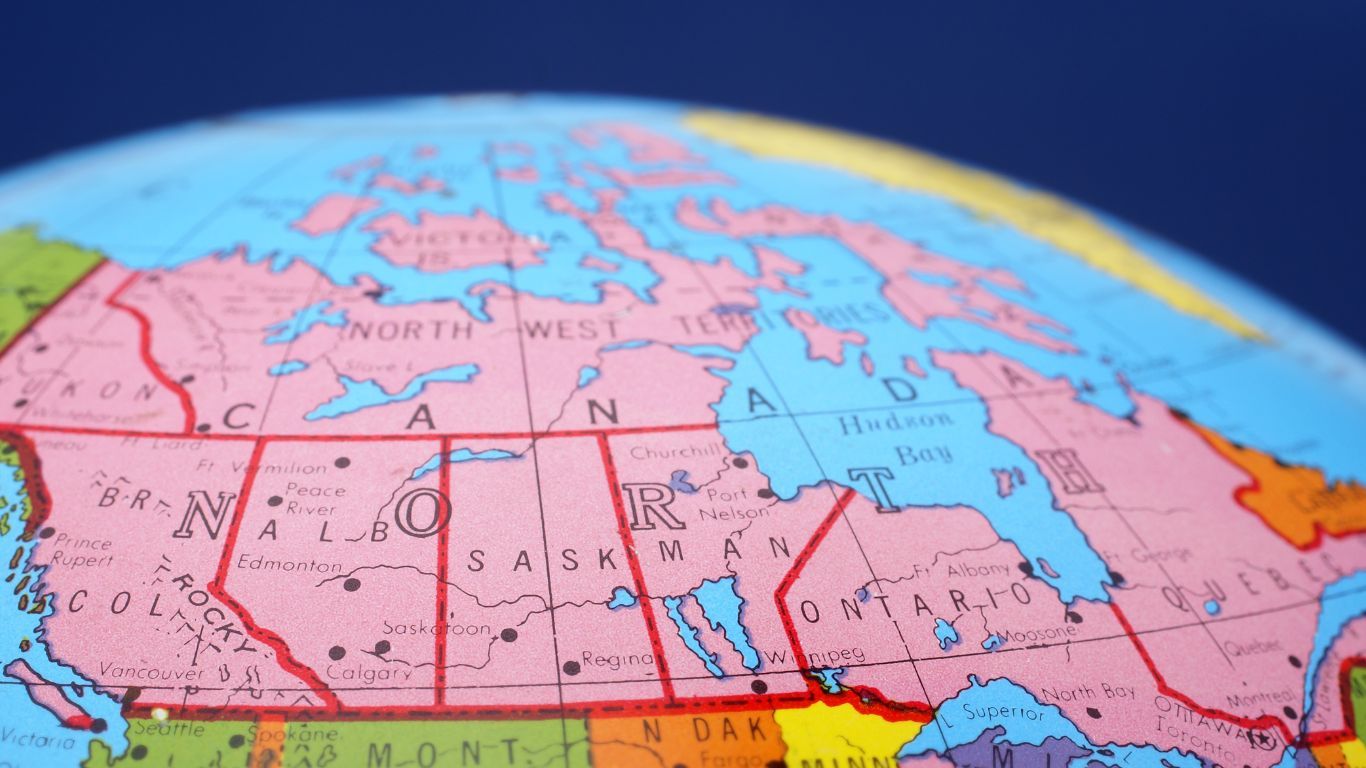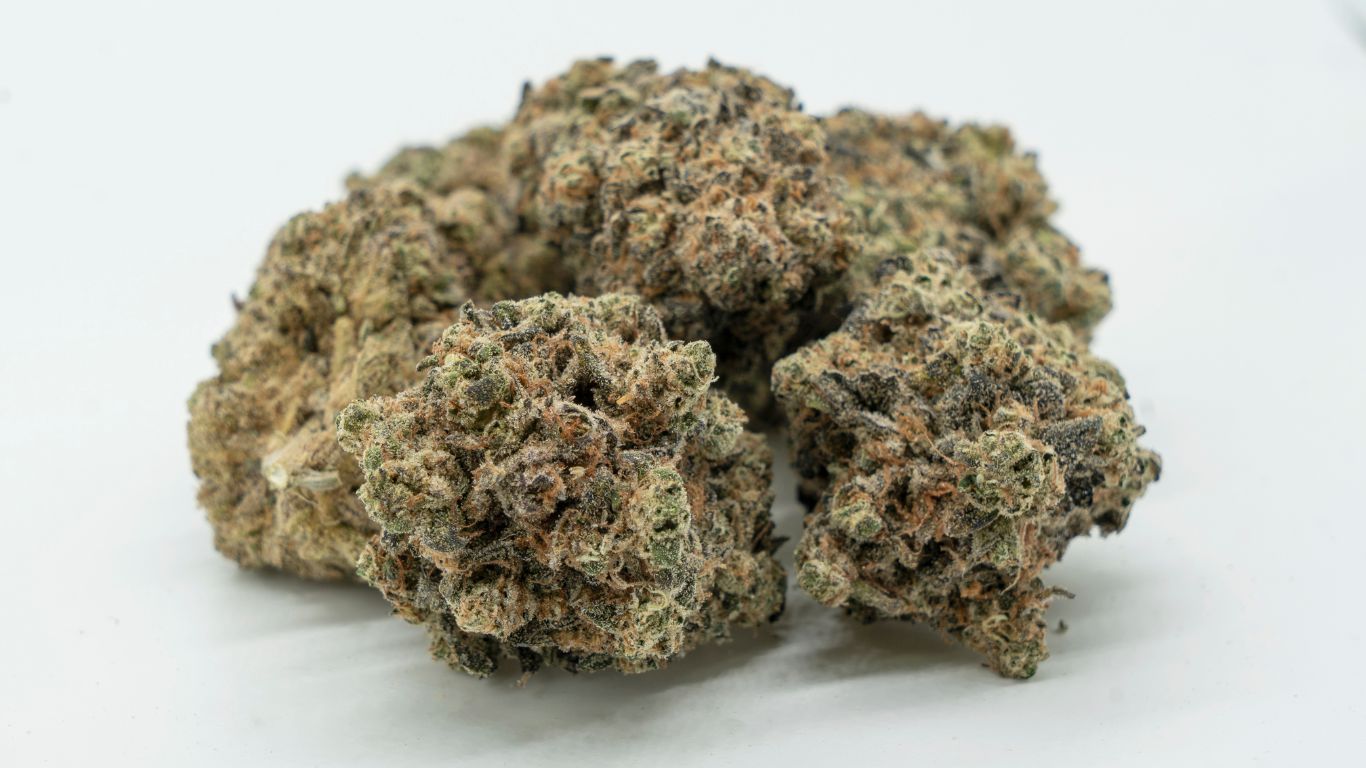
One hopeful micro cannabis grower in the BC municipality of Maple Ridge who had his application deferred by the city last September, says he’s frustrated by the slow approach the city is taking with cannabis applications like his.
Robert Boileau just wants to grow cannabis on the farmland he owns in a remote, rural part of eastern Maple Ridge, about an hour outside of Vancouver.
The area of BC’s Lower Mainland is known for a high concentration of illicit and/or personal and designated medical growers, at least 800 by the city’s own estimates.
But those growers in Maple Ridge who may want to transition to the legal market have no way of doing so, as the city continues to defer applications as it awaits new cannabis production regulations, nearly two years into cannabis being legal in Canada.
Right now our only option to apply for a micro in compliance with all the rules is to either do it outdoors or in a hoop house. And I really don’t think that allows me to practice the good neighbour practices I’d like to (use).
Robert Boileau, Prospective micro cannabis applicant
Boileau applied to the city last September for a bylaw amendment to allow him to grow in an existing building on land that he owns on a dead end road in a remote part of an area with large single home, rural residential properties, hobby farms and agricultural business, nurseries, etc. The city declined to even debate his request, citing overall concerns with water usage, odour, light pollution, and concerns from neighbours.
In that meeting last September, Maple Ridge City Council also voted to defer any new cannabis cultivation licenses until they have formal bylaws in place for those activities. Some ten months later, the city still doesn’t have those bylaws in place.
This is actually the second time the city has deferred an application. The first was in April 2019 for another rural residential property on ALR land. The city used similar reasoning at the time, stating they were waiting for bylaws before they would consider such applications.
It would be really positive for the city if we had cannabis production that was run legally and that was run following a certain number of restrictions… making sure that there was no noise pollution, or vapour pollution so that people aren’t smelling it, there’s no light pollution.
Maple Ridge City Councillor Kiersten Duncan
Although BC’s Agricultural Land Commission, which oversees the array of farmland across the province under the Agricultural Land Reserve designation, has said city’s cannot prevent licensed cannabis growers on land within the Agricultural Land Reserve, given that it fits into certain circumstances designed to protect farmland, such as outdoor production or in existing agricultural buildings, such as greenhouses.
For areas where a municipality can require a building permit, this is one of the first stages of licensing, which takes place before the hopeful grower or processor can even begin the process of getting a federal licence to operate. By refusing to issue business licences, a municipality can effectively block the legal cannabis industry in their community.
For Boileau, the small outbuilding he wants to utilize wasn’t previously designated for agricultural use, it was just a shed and outbuilding. This means that under the ALC’s rules for the province, a city like Maple Ridge can have a say over his ability to grow cannabis in that building.
And so far, Maple Ridge doesn’t seem interested in allowing it.
The city councillor who tabled the motion to defer any new applications last September that ended Boileau’s application, Councillor Kiersten Duncan, says she sees a place for commercial cannabis production in Maple Ridge, but wants to take a slow, cautious approach. The city has had problems with other cannabis growers, she says and she wants to see indoor cannabis allowed in industrial areas, not farmland.
Because we have the province saying that it’s an acceptable farm use and the province even encouraging people to enter micro cultivation these can be done all outdoors. You can build a facility in a structure like a hoop house, those things don’t need local government approval, but in those kinds of structures you’re going to have the neighbourhood complaints over light, odour, and water usage.
ROBERT BOILEAU
“I’d rather see growth done on agricultural land that’s in the soil and production ideally in business parks,” Duncan told StratCann, “just so that the agricultural land is used for the soil itself for production. I don’t want to see large-scale, industrial buildings on agricultural land because I worry about the negative impact it’s going to have on farming in those communities.”
“I think it could be very beneficial for the municipality if we allowed this in larger business parks, especially if it was clustered in individual business parks so that we didn’t have to worry about there being impacts to neighbours.”
“It would be really positive for the city if we had cannabis production that was run legally and that was run following a certain number of restrictions,” continues Duncan “…making sure that there was no noise pollution, or vapour pollution so that people aren’t smelling it, there’s no light pollution.”
However, in the case of Boileau’s application, his building is only a few thousand square feet, it’s already in place and would not involve new construction, and would have to adhere to federal regulations that would regulate and prevent those issues of noise, light, and odour pollution.
The irony, says Boileau, is that if he wanted, he could apply for a licence to grow cannabis outdoors, with the city having no say in the matter. This would mean no control over odour and could have a higher rate of water use than in a controlled indoor system. And he wants to take those issues into account, but the city won’t let him.
“We are aware of it. One of the things we’re trying is to work with local governments, too. I don’t know why communities would in fact want to zone craft producers out. Because what is happening is that those communities are losing out on significant opportunity.
MIKE FARNWORTH, BC Minister of Public Safety and Solicitor General
“I think the main point that needs to be made with respect to cultivation on ALR lands,” says Boileau, “… because we have the province saying that it’s an acceptable farm use and the province even encouraging people to enter micro cultivation – it’s important to understand these can be done all outdoors. You can build a facility in a structure like a hoop house, those things don’t need local government approval, but in those kinds of structures you’re going to have the neighbourhood complaints over light, odour, and water usage.”
“Right now our only option to apply for a micro in compliance with all the rules is to either do it outdoors or in a hoop house. And I really don’t think that allows me to practice the good neighbour practices I’d like to (use). So if the city does elect to allow and regulate micro cultivation in existing structures, with solid exterior walls and roofs where the environment can be effectively controlled, that by far is the better option in my opinion.”
Like many similar regions in BC, Maple Ridge is made up of many properties that are often large plots of land zoned rural residential, allowing for a single family home on a large plot of land that is reserved for agricultural use. These areas are commonly used for a small scale nursery of some kind, a hobby farm, a few animals, etc. It’s also not at all uncommon for illicit and/or personal and designated medical grows to fill these kinds of properties. While the city has expressed concern in the past about these types of grows in residential areas, with no path forward into the legal market, there is little incentive for these growers to stop their current activities.
Maple Ridge originally discussed regulations for cannabis back in February 2019, instructing city staff to present them with regulations for commercial production. Although the city was relatively quick to develop regulations for commercial retail, even streamlining them to remove some aspects of the 1,000m distancing rules, it has moved very slow to develop commercial cultivation and processing regulations.
When council was presented with Boileau’s application in September 2019, council voted to defer any new applications until city staff presented them with a plan for how to regulate them.
The most recent messaging from the city shows they are expected to have something in place by October of this year.
In April 2019, city council was presented with an application for a micro cultivation facility in another rural part of Maple Ridge not too different from Boileau five months later in September. Like Boileau’s, the city council mentioned concerns with water use, light pollution, odour, and neighbour complaints. Like Boileau’s they voted to defer the application until city staff presented new regulations for its commercial production.
In their discussion of cannabis over this time frame, in addition to the concerns with water usage, light pollution, odour, and more, city staff have also repeatedly mentioned the existence of largely unregulated personal and designated grows within the city limits. An estimated 800 in Maple Ridge, the city says they can often be a neighbourhood nuisance and public safety concern, with little municipal oversight.
Boileau says he thinks historic frustration from cities who feel unable to reign in those personal and designated medical growers leads them to being resistant to allowing even more growers in their communities. But the contradiction, he says, is that it’s the regulations that would give these cities more oversight than they currently have.
I think historically there’s been so many problems associated with initially the black market operations in the form of things like fire hazard from faulty writing, or odour, or that sort of thing… and that’s made the city apprehensive to accept any kind of application for cultivation now,” says Boileau.
The reason (for the micro rules) was to give a chance to these legacy growers to enter into this newly created legal market and give them an opportunity to come into compliance with regulations, and address those safety issues like proper wiring, or odour. Because they aren’t having to hide their operation, they can bring it out into the open, things can be done by professionals under permits which negate the safety hazards that were inherent in the black market operations.”
While some, including the province, have said they support BC’s craft cannabis industry, who often face numerous hurdles with federal licensing, Boileau has sent letters to both the city as well as the province addressing these municipal barriers, but says he has not heard back from anyone as of yet.
BC’s lead spokesperson on cannabis, Minister of Public Safety and Solicitor General Mike Farnworth, says they are aware of the issue and attempting to broach the topic with municipalities to help them understand the economic opportunities available.
“We are aware of it,” Farnworth said during a recent virtual town hall held by the Tri-Cities, Chamber of Commerce. “One of the things we’re trying is to work with local governments, too. I don’t know why communities would in fact want to zone craft producers out. Because what is happening is that those communities are losing out on significant opportunity.
“But having said that, there are many parts of the province where communities are welcoming them in, the Kootenays for example, I know certainly in parts of the Okanagan. But we are aware of the issue and are working with local government to encourage them to recognize that there’s significant economic opportunity here for their communities, and the small scale ones often avoid a lot of the challenges that we’ve seen with some of those major, massive grow-op facilities that you have seen in Langley, for example, and the more heavily populated metropolitan areas.”











